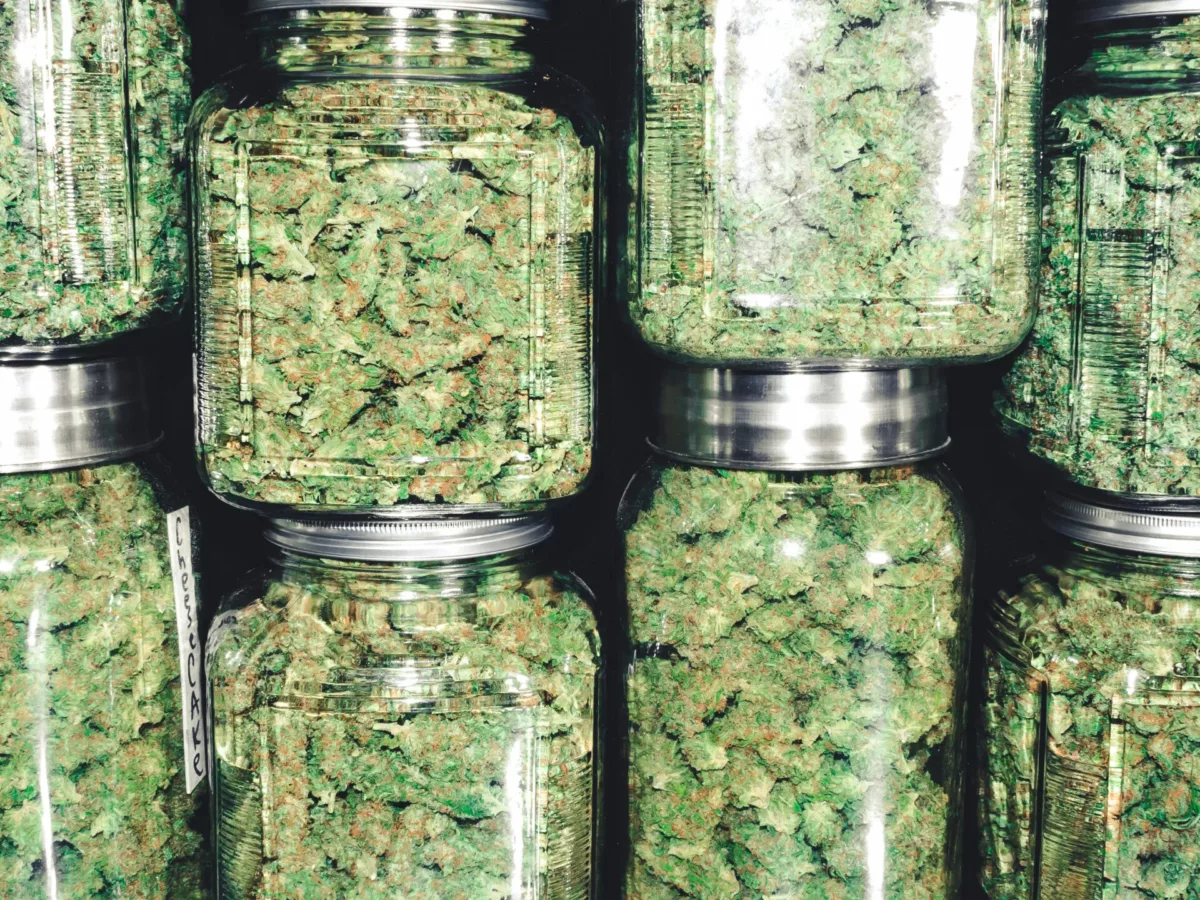For the first time in U.S. history, the White House and both chambers of Congress will be controlled by Democratic party leaders who support decriminalizing cannabis at the federal level.
Last week’s victories of Senator-Elects Jon Ossoff and Pastor Raphael Warnock secured Democrats’ control of the senate, a big step in the right direction towards Congress passing legislation to decriminalize cannabis at the federal level in 2021.
Back in July, Senator-Elect Ossoff told CNBC, “The prohibition of this substance is irrational. It’s hugely expensive. It has a terrible human toll.”
While the House of Representatives voted to decriminalize cannabis in December 2020, the chances of a Republican-controlled senate permitting a vote on the legislation were slim-to-none. The Marijuana Opportunity, Reinvestment and Expungement Act of 2019 (The MORE Act), which would remove cannabis from the Controlled Substances Act and repeal federal criminalization if passed in the upper chamber, came to a screeching halt in the Senate Finance Committee.
By contrast, the legislation is likely to gain traction in a Democrat-controlled Senate Finance Committee which will be chaired by Oregon Senator Ron Wyden, a long-time advocate for cannabis legalization, representing a state that recently voted to decriminalize all drugs.
Federal decriminalization would end federal prosecution of cannabis possession and sale, clearing a path for the remaining non-legal states to legalize the substance for medical and/or recreational use. It is more likely the federal government will decriminalize cannabis at the federal level and leave decisions on outright legalization to the states.
Cannabis is currently legal for medicinal use in 34 states and recreational use in eleven states. The legal difference at the state and federal level presents significant complications for existing cannabis businesses in legal states who lack access to national banking services and operate in a fragmented industry differing in legality and regulation.
NORML’s Political Director Justin Strekal said in a press release on Jan. 6, “We look forward to working with soon-to-be Senate Majority Leader Schumer and future Finance Committee Chairman Ron Wyden to advance legislation with haste.”
Schumer said during a video chat hosted by Green Enterprise in October that he would prioritize advancing cannabis legislation if the Democrats regain control of the senate: “If I become majority leader, I put this on the floor and it’s likely to pass,” Schumer said.
The legislation also incentivizes states to expunge any low-level cannabis convictions which affect people of color at a significantly higher rate than white people.
The MORE Act would also permit physicians affiliated with the Veteran’s Administration to recommend cannabis as treatment for qualifying veterans living in legal states. Cannabis is often used to treat veterans struggling with PTSD but as long as it remains illegal at the federal level, VA physicians are unable to recommend cannabis to their patients even if they are operating in a legal state.
The MORE Act was the first bill decriminalizing cannabis to pass in the House of Representatives and it’s ascension through the senate would open the door for further research into the largely untapped medicinal properties of cannabis and end decades of discriminatory prosecution.






